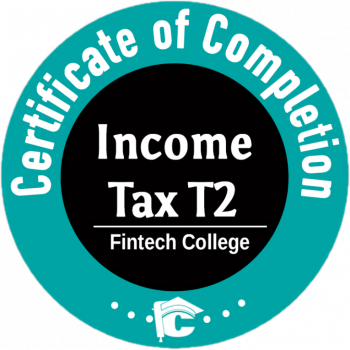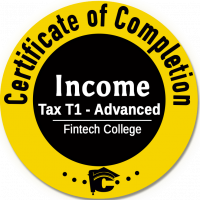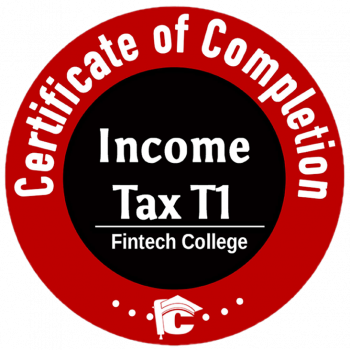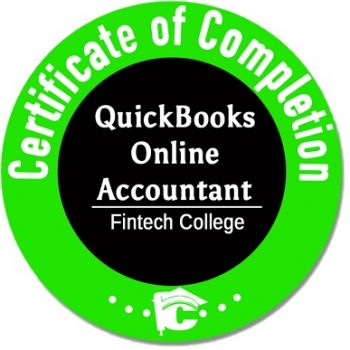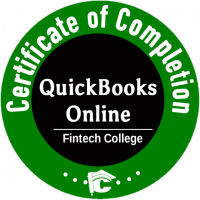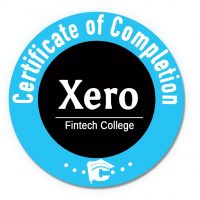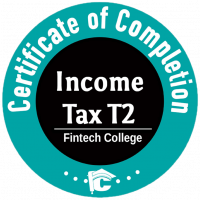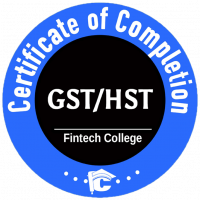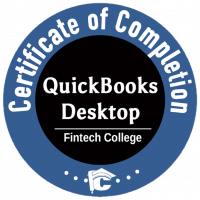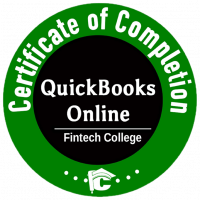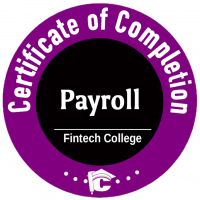The Canada Revenue Agency is escalating their scrutiny of personal services businesses, and the consequences for breaching these tax rules can be severe. Find out what you need to know about the CRA’s campaign.
As more individuals and sole proprietors in Canada are choosing to incorporate, it has become essential to assess if the formed corporation is operating as a PSB and how that can impact the entity’s tax situation. The CRA is taking a closer look at the personal services business (PSB) rules that apply when:
-
- services are provided through a corporation, and
- the individual doing the work would be considered an employee if they provided the services directly
In some industries, such as the following, it is a more common practice for hiring companies to require individuals to incorporate in order to provide services:
-
- Trucking
- IT Consultants
- Accountants
- Construction
- Catering
If you register yourself as a corporation to perform services for a hiring business, you may be considered to be operating a PSB. This structure is sometimes referred to as an incorporated employee.
Among its activities in this area, the CRA presented a webinar in February 2022 and sent stakeholder emails to educate corporations and advisers about the rules and how to comply with them.
In a stakeholder email sent in July 2022, the CRA said they would be contacting Canadian businesses from June to December 2022 to ask for documentation about their payer/payee relationships.
Taxpayer participation in the program will be voluntary, although businesses that take part will be advised to ensure they correct any errors and comply with the Income Tax Act.
The campaign seems to focus on industries that commonly hire service providers who may operate a PSB, such as trucking, IT consulting, accounting, construction and catering – all of which are named in the CRA’s webinar.
As more CRA activity on this front is possible, this blog provides an overview of:
-
- the relevant PSB rules to consider
- some leading practices to consider for taxpayers that deliver services through a corporation
What is a Personal Service Business?
An individual who chooses to incorporate their business in order to provide services for one other company might be considered to be operating as a personal service business (PSB) by the Canada Revenue Agency (CRA). A PSB exists where the individual would be considered to be an employee of the hiring company if it were not for the existence of the corporation.
Tax Rates for PSBs?
The federal corporate tax rate is 38% and after the federal abatement of 10%, is reduced to 28%. PSBs are not eligible for the small business deduction, or the general tax rate reduction. Effective for the 2016 tax year and beyond, PSBs are subject to an additional tax of 5%, bringing their total federal corporate tax rate to 33%.
In addition to the federal tax, PSBs are also subject to provincial/territorial corporate tax rates.
For example, in Ontario, the current provincial corporate tax rate is 11.5%. Therefore, a PSB in Ontario will be subject to a total corporate tax rate of 44.5%. This includes both the 33% federal corporate tax rate and the 11.5% provincial corporate tax rate.
What Business Deductions are allowed from Income for PSBs?
If the PSB rules apply, the deductions that the corporation could claim when computing PSB income are limited to:
-
- salary paid to the “incorporated employee”
- employment benefits for that individual
- expenses that would be allowed if the individual were a commissioned salesperson
- legal expenses incurred by the corporation to collect amounts owing to it
Other expenses would be disallowed even if they were paid to earn income.
When do the PSB rules apply?
The PSB rules generally apply when these four tests are met:
-
- the individual providing services, or a person related to them, is a specified shareholder of the corporation
- if the individual had provided services directly (i.e., without using a corporation), the individual would be considered an employee of the taxpayer (i.e., an incorporated employee)
- the corporation does not employ more than five full-time employees throughout the tax year
- the corporation’s income is from services performed by the provider on the corporation’s behalf
A specified shareholder is a taxpayer who owns, directly or indirectly at any time in the year, at least 10 per cent of the issued shares of any class of capital stock of the corporation or a related corporation.
Example of PSB
Peter is looking for a job. An Ontario-based trucking company (DEMO Trucking) offers him a 12-month contract position with full-time hours. The contract comes with the stipulation that Peter perform his services through a corporation.
Peter incorporates his business (729040 Ontario Inc.), for which he is the only shareholder and the only employee. 729040 Ontario Inc.’s only client is DEMO Trucking.
729040 Ontario Inc. bills DEMO Trucking for the services it performs, and it receives payment from DEMO Trucking for those services. 729040 Ontario Inc. either keeps the funds in the corporation or disburses them to Tam.
In this example, 729040 Ontario Inc. meets the conditions outlined in the Income Tax Act to be considered a personal services business because:
-
- Peter is a specified shareholder of 729040 Ontario Inc.
- Peter performs the work of an DEMO Trucking employee using their trucks, and were it not for the existence of 729040 Ontario Inc. Peter would be considered an employee of DEMO Trucking.
- 729040 Ontario Inc.’s sole income is from services performed by Peter (incorporated employee) for DEMO Trucking.
To Learn More About PSB and how it works, browse our Income TAX T1 and T2 Courses https://www.fintechcollege.ca/taxation/



